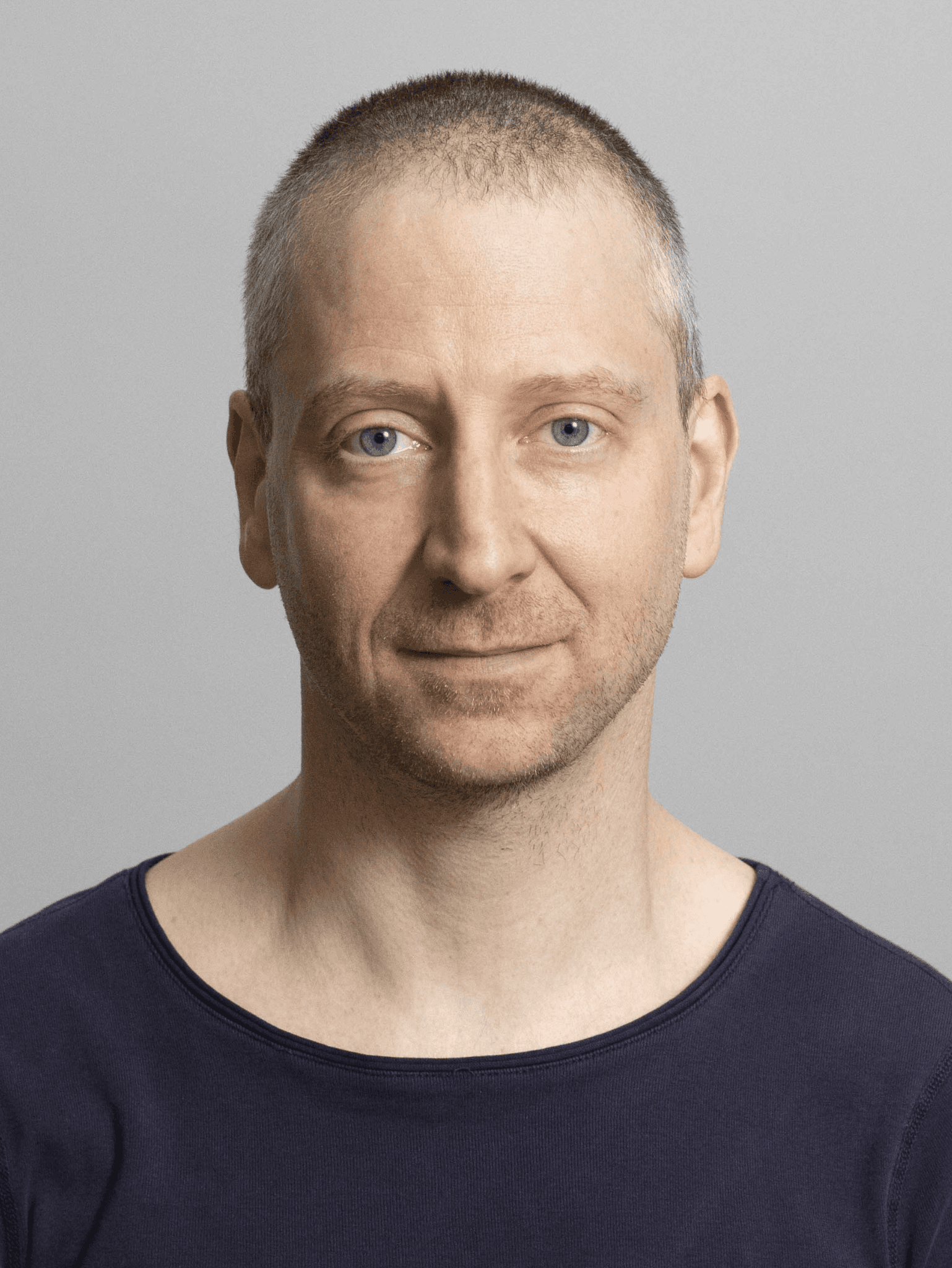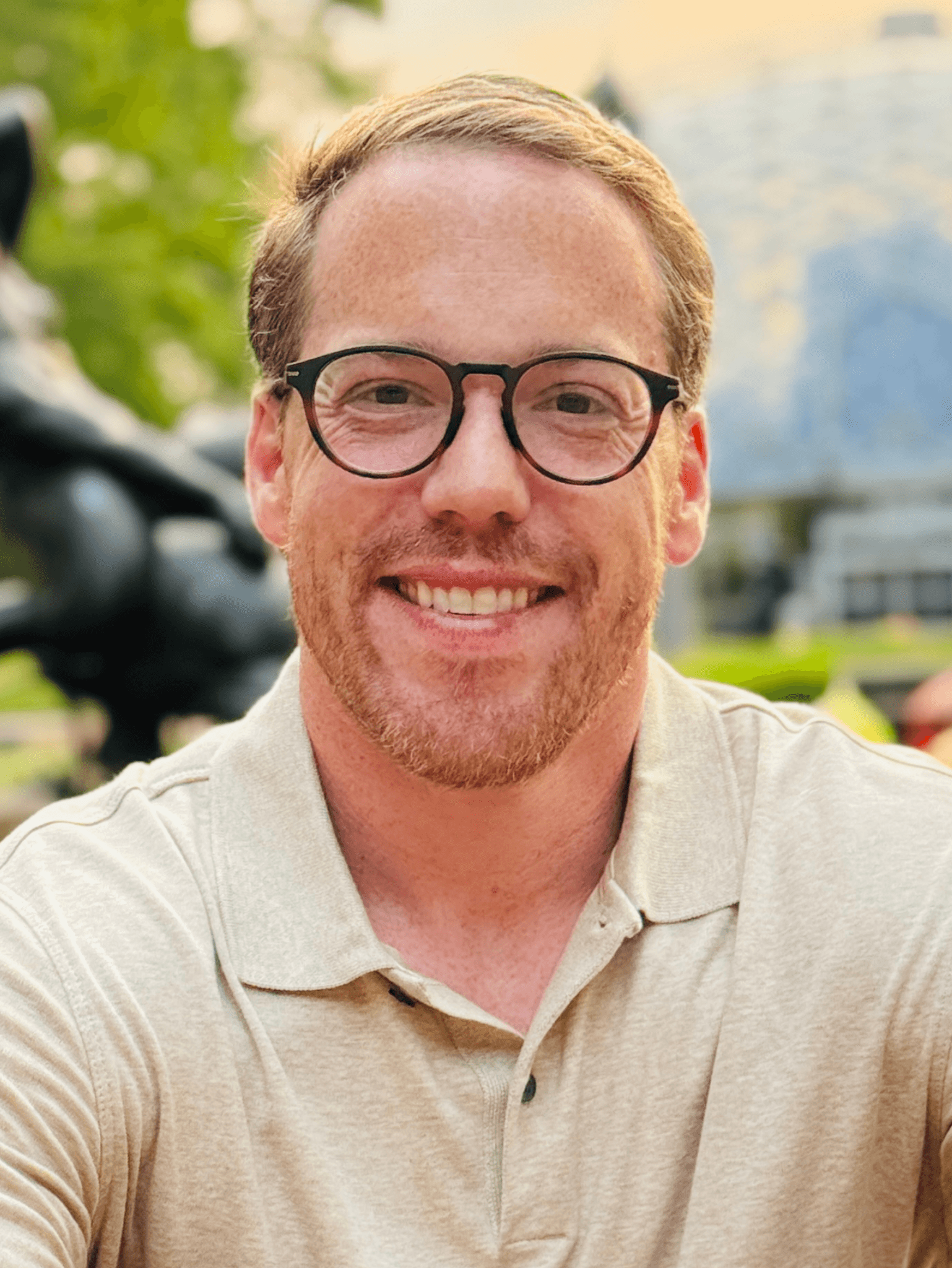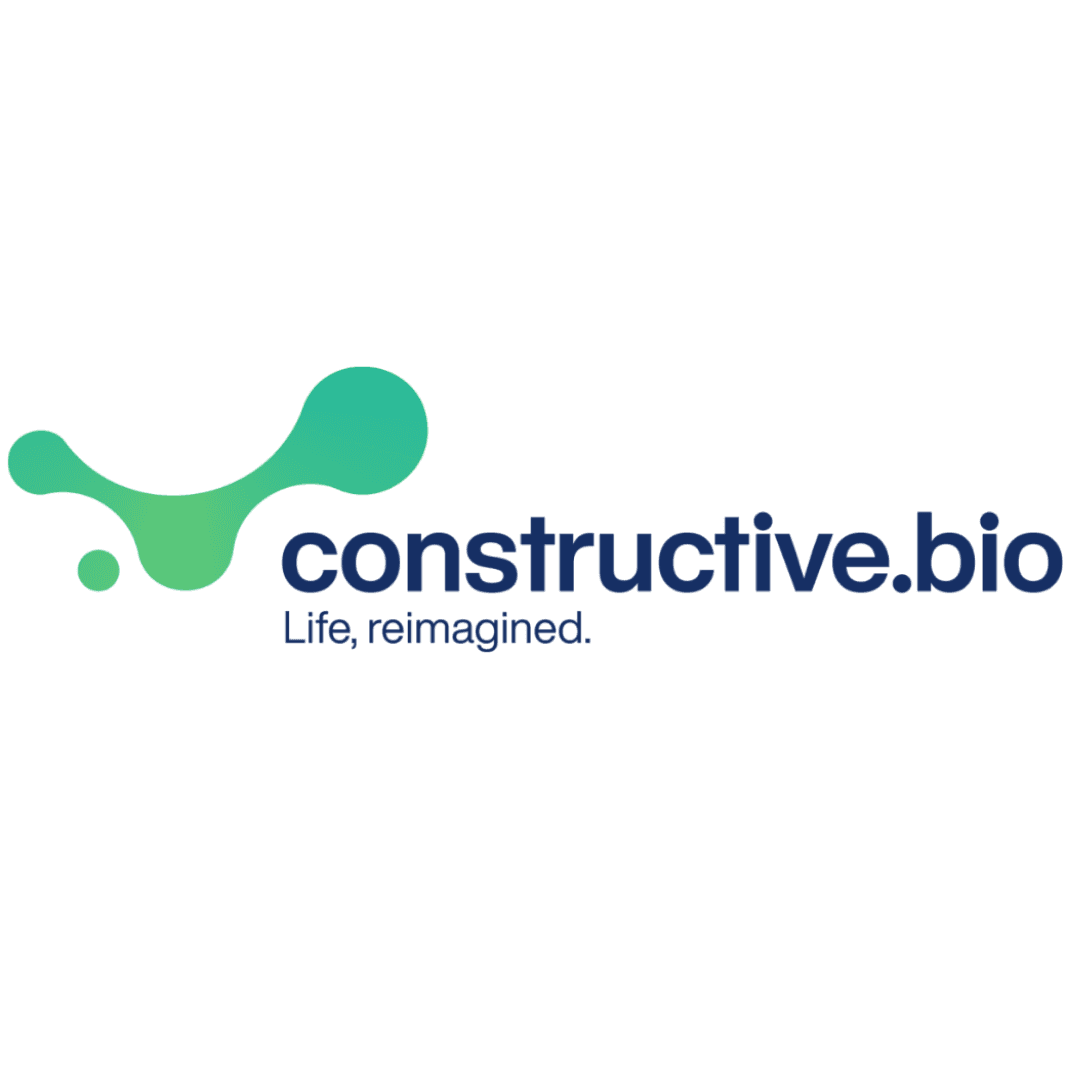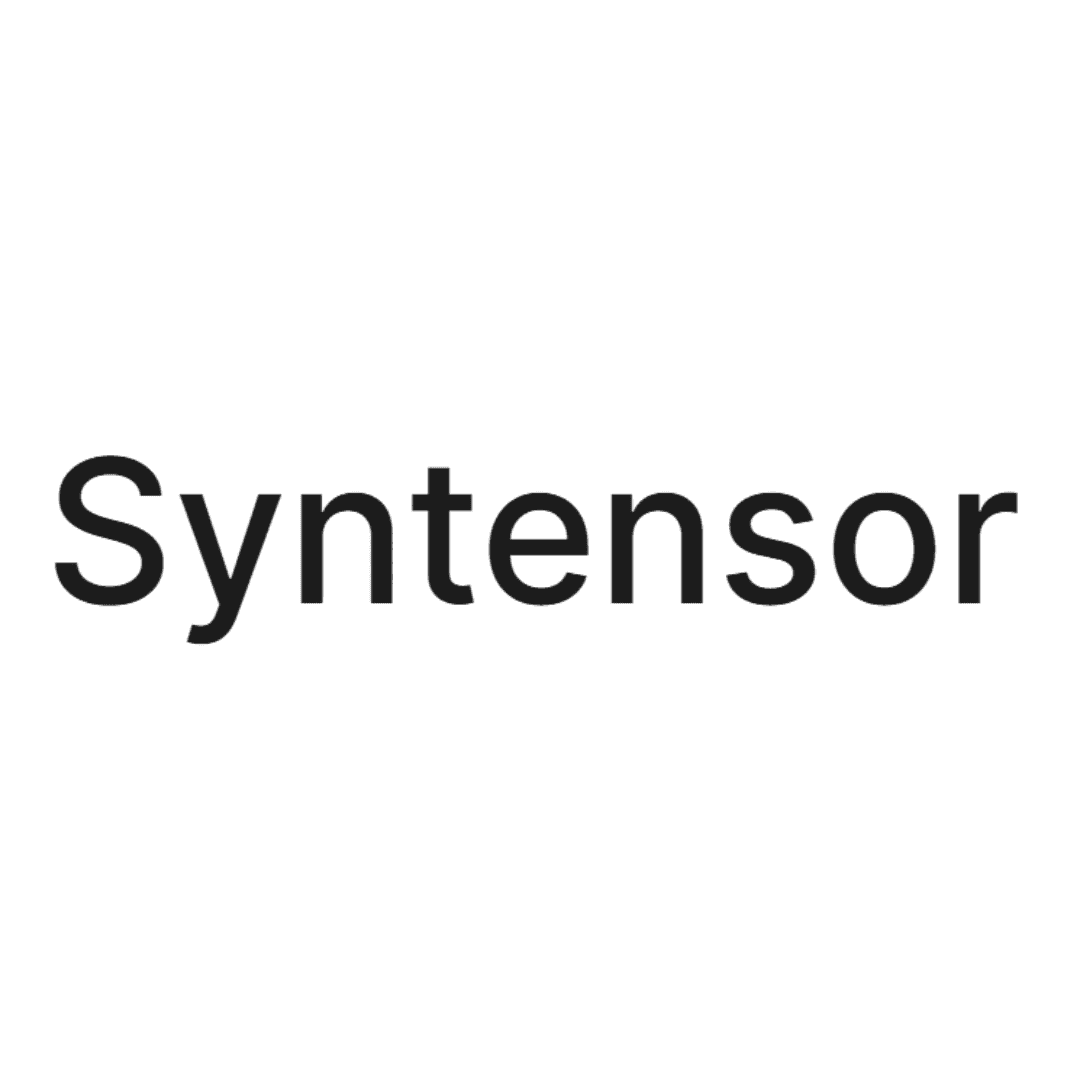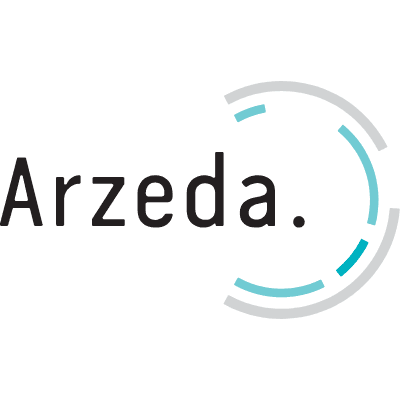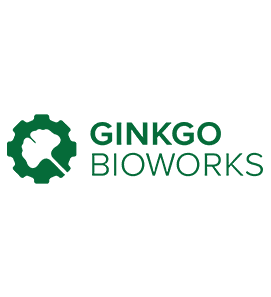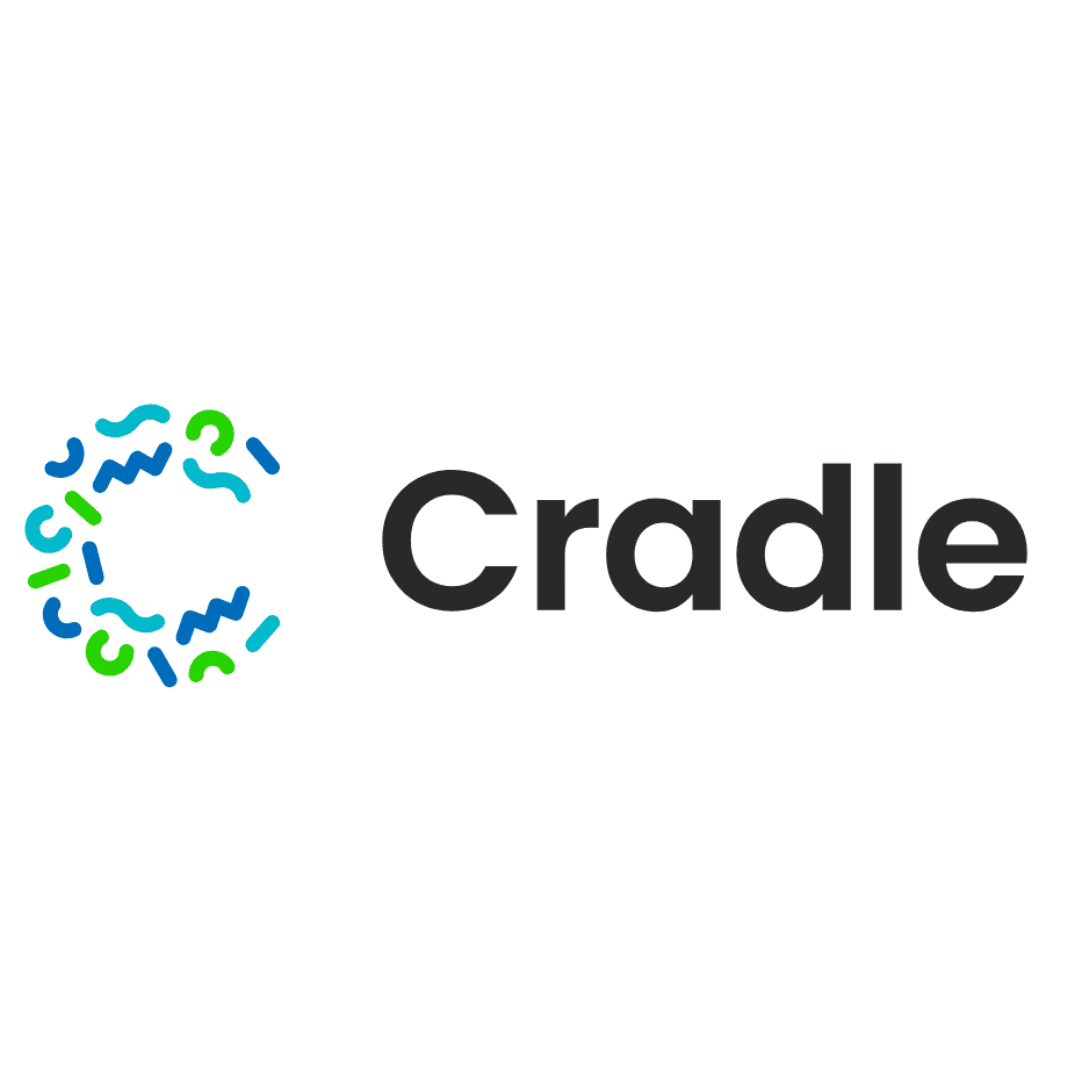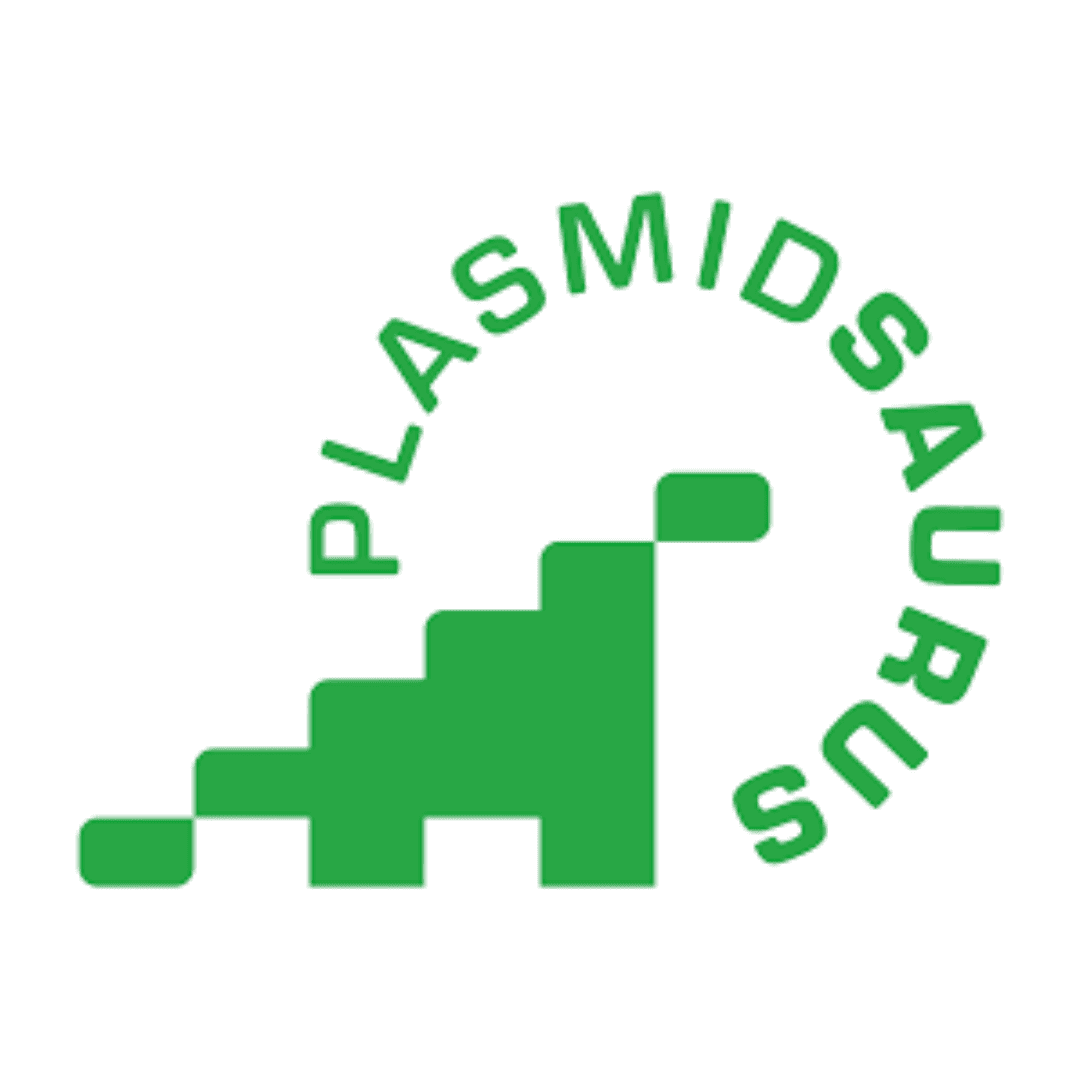Human Health & Longevity
Programming Biology to Cure Disease and Increase Healthspan
Human Health & Longevity is where programmable biology meets medicine’s hardest problems—tackling unsolved diseases and advancing healthier, longer lives
Human Health & Longevity at SynBioBeta 2026 is the destination for pharma leaders, physicians, nutritionists, and longevity pioneers working to transform how we prevent, treat, and ultimately overcome disease—while extending the years of healthy life.
Programmable biology is unlocking new modalities, from genetic medicines and engineered cells to tissue-specific delivery, regenerative approaches, and nutritional interventions. Together, these breakthroughs are creating therapies and solutions that go beyond treating symptoms to address the root causes of disease and aging.
Why Human Health & Longevity Matters
Chronic and age-related diseases remain unsolved. Cardiovascular disease, cancer, neurodegeneration, metabolic disorders, and nutrition-related conditions are still the leading causes of death and disability.
Current treatments fall short. Too often they manage conditions instead of reversing, preventing, or delaying them.
Healthspan is the new frontier. It’s not only about living longer, but about ensuring vitality, resilience, and quality of life.
Who you'll meet
Human Health & Longevity unites the people driving the future of biology and medicine.
Pharma executives and R&D heads shaping the future of therapeutic pipelines.
Clinicians, physicians, and nutritionists advancing prevention, treatment, and new standards of care.
Longevity innovators pioneering ways to extend and improve the human lifespan.
Biologists, engineers, and investors driving convergence across disciplines.
What to expect
More than talks — an environment built to spark solutions for the world’s toughest health challenges.
Insights into how programmable biology is reshaping medicine, from genetic therapies to regenerative and nutritional platforms.
Partnerships that bridge pharma, startups, clinicians, nutritionists, and investors.
A community working to solve disease and extend healthspan for billions of people.
The future of medicine is transformative therapies and longer, healthier lives—driven by programmable biology, advanced through innovation in medicine and nutrition, and dedicated to extending vitality across the population.
Confirmed Speakers
Drafted Sessions
1
The next frontier of biology isn’t in predicting a single static protein structure, but in capturing how proteins move, fold, and interact across time and environments. This session explores how AI can illuminate protein conformations and dynamics, and extend those insights into virtual multi-cellular or tissue models. Experts will discuss the challenge of integrating heterogeneous datasets and instruments, and how breakthroughs in dynamic modeling could reshape drug design, disease understanding, and biomanufacturing. Can we build models that reflect the living, breathing complexity of biology—not just snapshots, but motion?
[…]
2
From oncology to metabolic disease, from neurodegeneration to aging, patients still face vast unmet medical needs. This session brings together clinicians and researchers to share where today’s tools fall short — and where programmable biology, AI, and new therapeutic platforms could shift the paradigm. Physicians will highlight the gaps they see daily in patient care, while scientists and industry leaders will explore how emerging technologies can bridge them. Together, they will map a translational agenda: aligning unmet needs with the boldest opportunities in accelerated biology.
[…]
3
Aging research is moving from theory to intervention, driven by breakthroughs in cellular reprogramming and systemic rejuvenation. Cutting-edge teams are exploring how to reset the epigenetic clock through partial reprogramming, restore tissue function by diluting or replacing aged plasma factors, and engineer cell therapies that can reverse markers of decline. This session highlights the state of longevity science today: bold experiments, promising preclinical results, and the challenge of translating them into safe, scalable therapies for humans. The conversation will ask: can interventions that restore youthfulness at the cellular and systemic level shift medicine’s focus from treating disease to engineering resilience across the entire human lifespan?
[…]
4
What if RNA therapies didn’t just deliver proteins, but made decisions? Building on decades of innovation in RNA delivery and stabilization, researchers are now embedding programmable circuits into RNA molecules, enabling therapies that sense their environment, activate only in diseased tissues, or coordinate complex cellular responses. At the same time, large-scale RNA platforms are proving that these therapies can be manufactured, regulated, and distributed globally. This session explores the convergence of scale and intelligence in RNA medicine — and asks whether the most versatile molecule in biology is poised to become the foundation for a new era of programmable therapeutics.
[…]
5
Food is no longer just sustenance—it’s becoming a programmable interface with human biology. Advances in synthetic biology and foodtech are enabling the design of bioactive molecules that target specific health outcomes: regulating glucose and lipid metabolism, strengthening cardiovascular resilience, and even enhancing cognitive performance. From engineered microbes that secrete beneficial metabolites to programmable synbiotics tuned to the gut, this session will explore how programmable biology is transforming food into a therapeutic platform. Panelists will ask: what if the next breakthroughs in managing obesity, dementia, and heart disease don’t come from pharmaceuticals, but from intelligently designed foods and functional ingredients?
[…]
6
A bold leap in cell reprogramming has arrived: using AI models trained for protein design, researchers have created novel variants of the Yamanaka factors — the key proteins that drive the creation of induced pluripotent stem cells. These redesigned proteins show enhanced pluripotency marker expression, improved DNA damage repair, and preserved genomic stability across multiple human donors and cell types. This session will explore how AI-guided protein engineering may finally surmount long-standing efficiency bottlenecks in regenerative medicine, enabling faster, safer, and more robust reprogramming — especially in aged or difficult-to-rejuvenate cells. What does this breakthrough mean for the future of cell therapy, tissue regeneration, and longevity?
[…]























